Product Description
crude soybean oil refinery equipment
Physical Refining
In Physical Refining, Vegetable Oil is subject to distillation to remove free fatty acids. The alkali treatment is completely avoided. This reduces the amount of waste water and eliminates production of soap. This process is becoming more popular.
Chemical Refining
In Chemical Refining, Vegetable Oil is treated with caustic lye for separation of free fatty acids from oil. This is a conventional process that can be applied to all oils. A byproduct of alkali refining is soapstock, which is used for manufacture of low quality washing soap. Alternately, the soapstock can be treated with acid to recover fatty acids. The waste-water from refinery requires extensive treatment. This can be avoided by alternate Physical Refining process.
Degumming
The purpose of Degumming Vegetable Oils is to remove GuLD. All oils have hydratable and
non-hydratable guLD.
a. Water Degumming: Hydratable guLD are removed by treating oils with water and separating the guLD. The guLD can be dried to produce lecithin.
b. Acid Degumming: Non-Hydratable guLD are removed by treating oils with acids and separating the guLD.
Neutralizing
The purpose of Neutralizing Vegetable Oils is to remove Free-Fatty Acids (FFAs). Traditionally, FFAs are treated with caustic soda (NaOH). The reaction produces Soaps which are separated from the oil. Because trace amounts of soaps remain in the oil, the oil is either washed with water or treated with Silica.
Some processors prefer not to perform caustic neutralizing. Instead, they prefer Physical Refining in which the FFAs are evaporated from the oil under high temperature and vacuum. This process can be combined with deodorization step described under FFAs stripping.
Physical Refining process is preferred because (a) it does not produce soaps; (b) it recovers fatty acids that provide better cost recovery; (c) there is smaller yield loss compared to caustic refiningâespecially for oils with higher FFAs; and (d) it is a chemical-free process.
Bleaching
The purpose of Bleaching is to remove color pigments contained in Vegetable Oils. The oil is treated with Bleaching Clays that LDorb the color pigments. The clay is filtered and the clean bleached oil is stored for further processing. Process flow diagram is attached.
Deodorizing
The purpose of Deodorizing Vegetable Oils is to remove odor substances. The oil is subjected to steam distillation under high temperature and vacuum to evaporate all odor substances. The resulting deodorized oil is almost bland and tasteless.

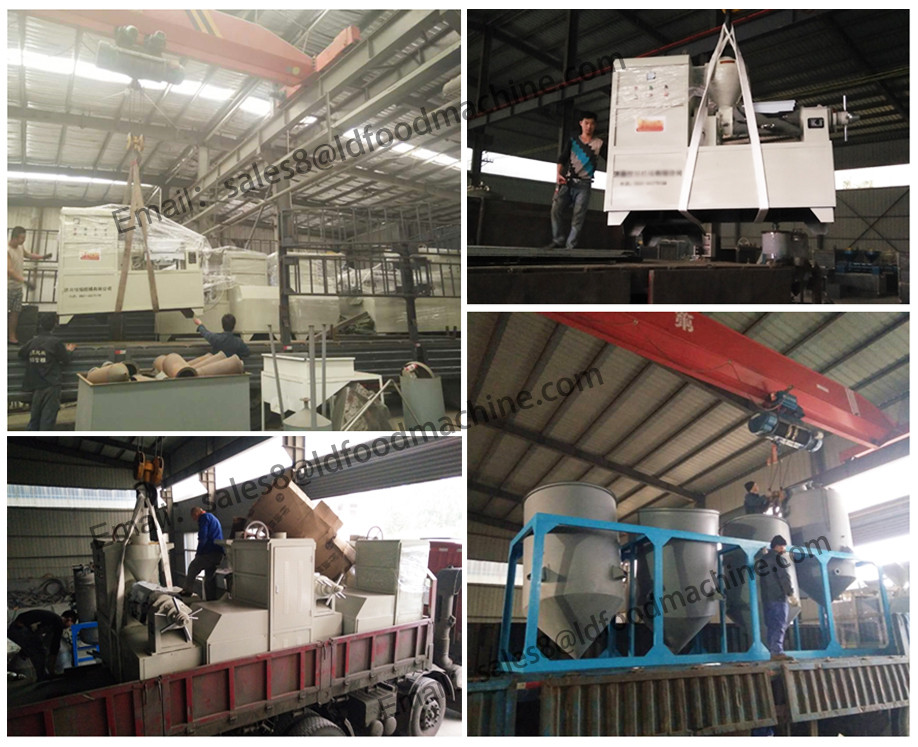

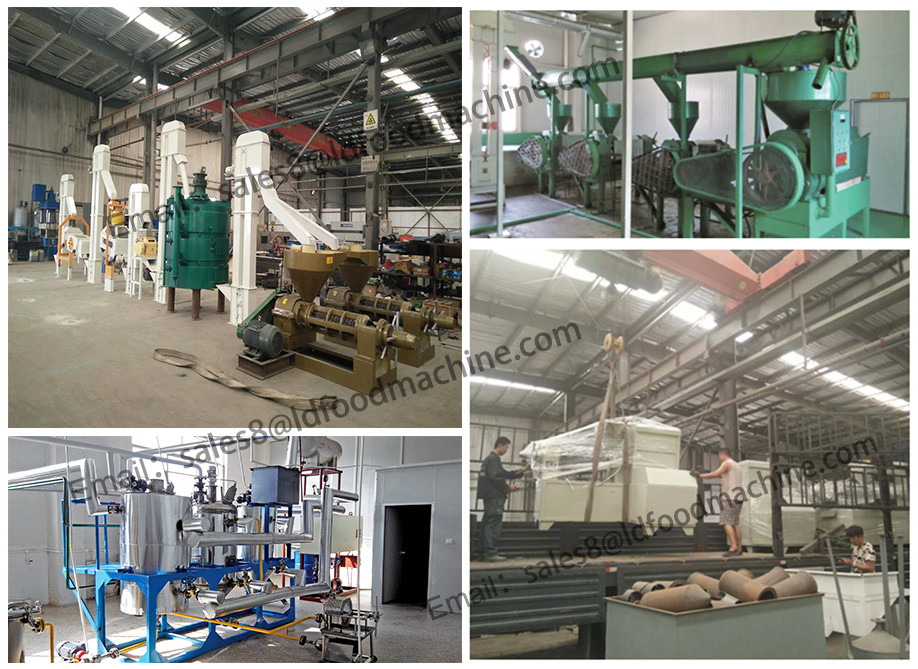

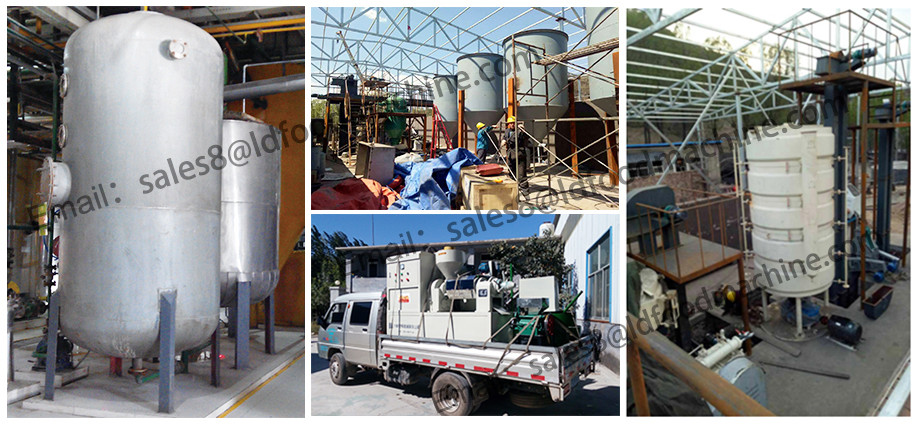

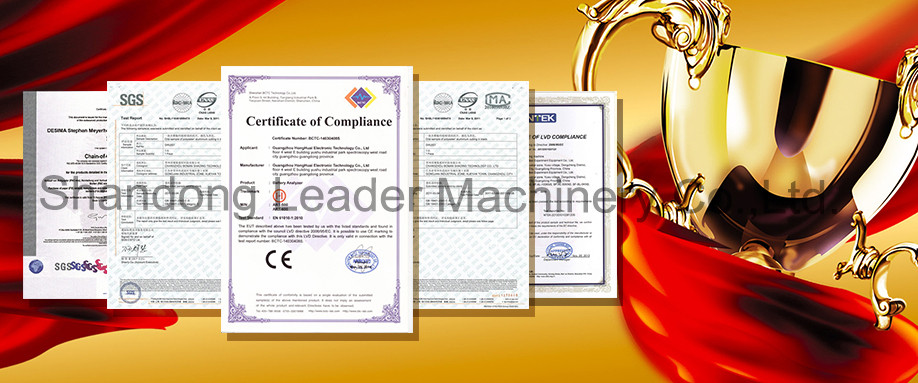 Our Service
Our Service
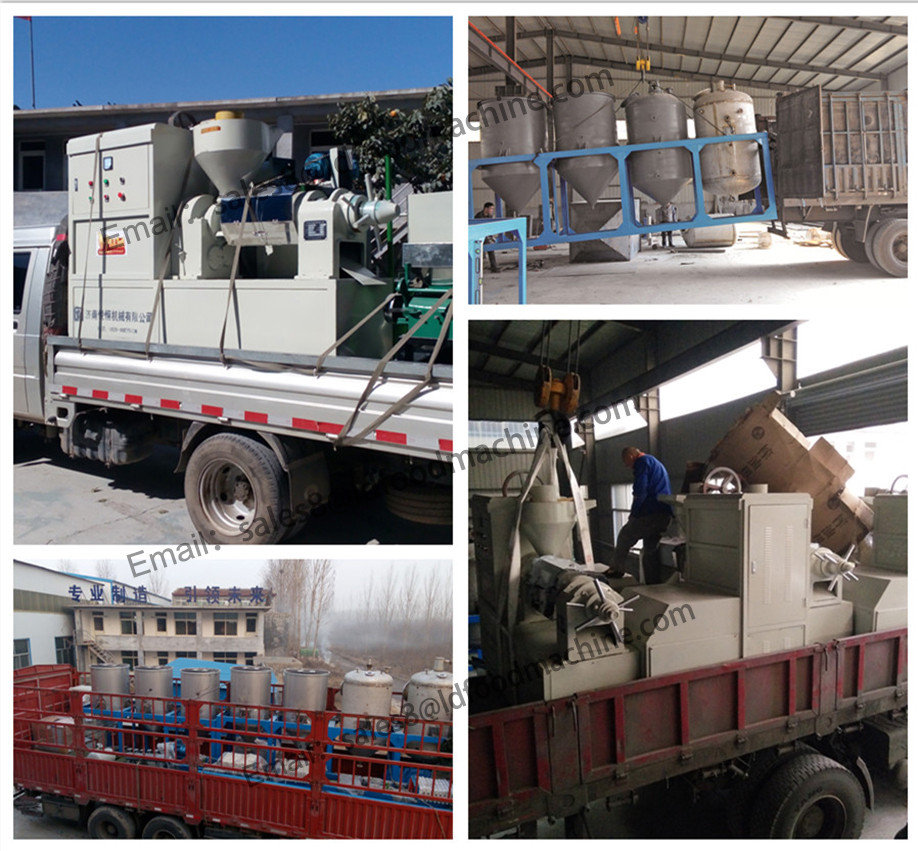

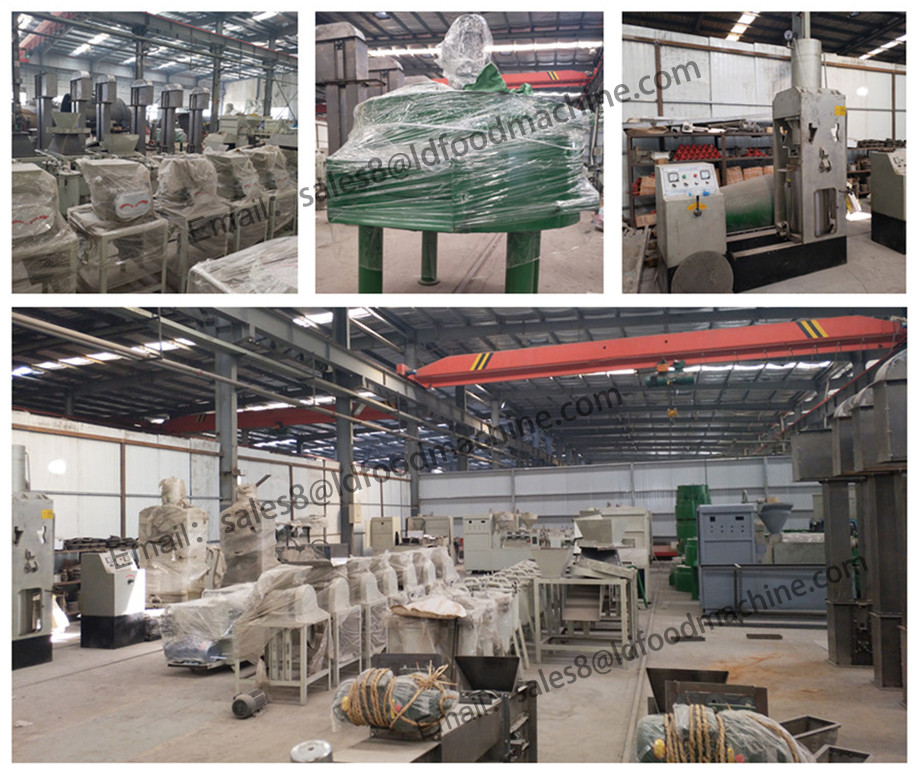


We provide complete installation and operation manual in English for all the machines supplied by us.
1. Calling us to get telephonic advice.
2. Sending email to us to get the solution by mail.
3. Chatting live with us to get online help.
4. Inviting our technician to visit customers place for solving.




Our Factory
Our Workshop




Our Warehouse
Our customer

 Packing & Delivery
Packing & DeliveryPacking Details : container, wooden case or others
Delivery Details : 30 days after getting deposit





 1. Container packaging
1. Container packaging2. Wooden case packaging
3. Palletizing
Our Certifications







 Customer Photo
Customer PhotoThis customer is from Brazil, bougLD 10 TPD soybean oil refining line.




This customer is from South Africa, bougLD 20 TPD corn germ oil refining line
This customer is from Australia, bougLD 15 TPD oilseeds oil refining line.

 FAQ
FAQQ: Are you trading company or manufacturer ?
A: We are factory.
Q: How long is your delivery time?
A: Generally it is 5-10 days if the goods are in stock. or it is 30 days if the goods are not in stock, it is according to quantity.
Q: Do you offer oversea installation?
A: We'll send professional installation engineer to help you install the equipment, as well as training your workers freely.
Q: What is your terLD of payment ?
A: Payment=1000 USD, 30% T/T in advance ,balance before shipment.
If you have another question, please feel free to contact us as below:
James Lee
Skype: LD68
QQ: 2085171099
Wechat: JACK18224577315
Phone: 0086 15090304932